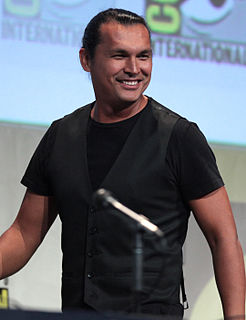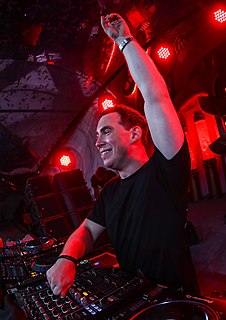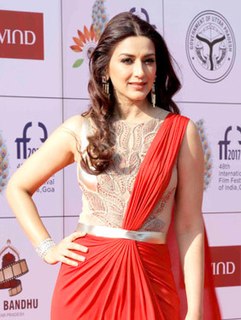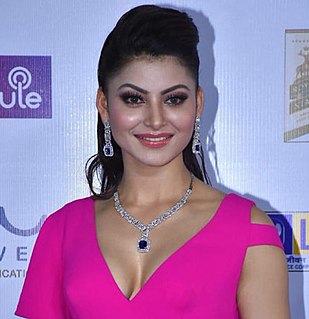A Quote by Mahesh Bhatt
'Hamari Adhuri Kahani' is a very emotional perspective on a traditional Indian woman.
Quote Topics
Related Quotes
When I talk of primordial innocence, I hear it in Sufi music with the nay flute. I see it in Coptic icons, in most traditional art, particularly art of the American Indian. I find the texts extraordinarily beautiful and very childlike and very simple. I've been particularly interested in American Indian texts.
The truth is I'm a very traditional woman, and Rod - despite everything people may think - is a very traditional man. It's true he absolutely loves glamour, and he hasn't got a conventional job, but performing aside, he's happiest at home with his kids around him or lounging in front of the fire watching a war documentary like 'D-Day Remembered.'
Nietzsche seems sometimes to replace the "transcendence" which stands at the center of traditional accounts the existence of a transcendent God, or, failing that, a transcendental viewpoint with that of a continually transcending activity. ... There is no single, final perspective, but given any one perspective, we can always go beyond it.






































